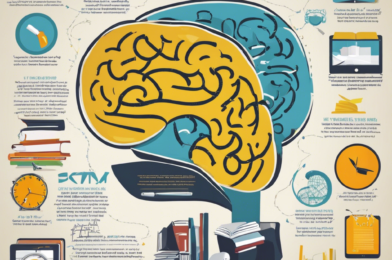Taking Notes in Class: Strategies for Success
Taking great notes in class can be a challenging skill to master, but it is an essential one for academic success. Effective note-taking requires an understanding of the material, an organized approach, and the ability to identify key information. With the right strategies, you can improve your note-taking skills and set yourself up for better understanding and retention of the subject matter.
So, let’s dive into some practical strategies that will help you take fantastic notes in class and enhance your learning experience.
First and foremost, actively listen and focus during lectures. Active listening means giving your full attention to the instructor and trying to understand the lecture’s main points and structure. This may involve jotting down key terms or phrases and paying attention to transitions, as they signal a shift to a new topic or idea. By truly engaging with the lecture, you can identify the crucial information that should be captured in your notes.
Another important strategy is to develop an organized note-taking system. Consistency is key here. Use headings, bullet points, or numbers to structure your notes clearly. Format your notes in a way that makes sense to you and allows for easy retrieval of information. For example, you might use bold or italics for important terms or write key points in a different color to make them stand out. The Cornell method is also an effective strategy, which involves dividing your paper into three sections: a narrow left column for key topics, a wider right column for detailed notes, and a space at the bottom for summarizing the main points of the lecture.
Additionally, don’t be afraid to leave some blank space in your notes. This allows you to go back and add extra information or clarifications later. Taking notes on loose-leaf paper can make this easier, as you can rearrange the order of your notes or insert additional sheets as needed.




